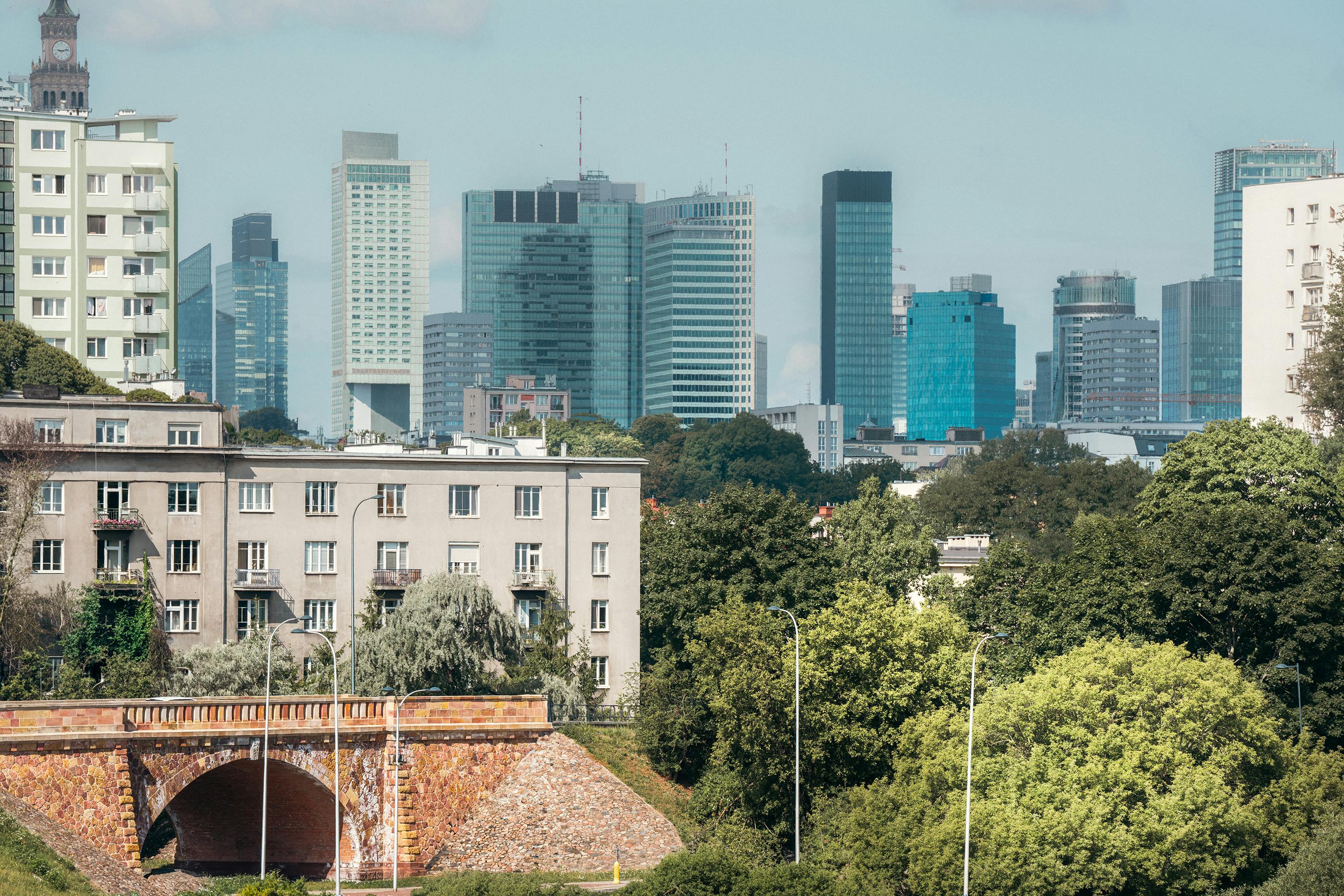Columbia’s Short-Term Rental Landscape: Navigating New Regulations

Columbia, South Carolina, is at the forefront of a significant regulatory shift impacting its burgeoning short-term rental (STR) market. This evolution is driven by a commitment to balancing economic opportunities with the preservation of neighborhood quality of life, safety, and character. Recent developments signal a move towards more robust oversight, with proposed ordinance changes making their way through the city’s legislative channels.
The Genesis of Regulatory Change
The need for updated STR regulations in columbia has been amplified by community feedback and critical incidents. A tragic shooting at an STR property in Elmwood Park in June prompted the City Council to enact a one-year moratorium on new STR permits. This pause is crucial, allowing the city to thoroughly review and revise its existing STR framework.
Key Provisions of Columbia’s Proposed STR Ordinance Changes
Columbia’s proposed ordinance updates introduce several key changes designed to enhance safety and community harmony:
Elevated Age Requirement for Guests
The minimum age for booking STRs is proposed to increase from 18 to 25 years old. This aims to curb issues like disruptive parties often associated with younger guests, thereby promoting quieter neighborhoods.
Extended Minimum Stay Duration
The minimum stay for STRs is set to increase from one night to two consecutive nights. This measure is intended to discourage transient stays and foster a more stable neighborhood environment.
Mandatory Off-Street or On-Site Parking
To address parking concerns, all STR parking must now be off-street or on-site. This prevents STR guests from utilizing public street parking, reducing congestion for residents.
Revised Occupancy Limits
New regulations propose a limit of two people per bedroom, with an additional allowance for two more people in total (excluding children). This aims to prevent overcrowding and maintain neighborhood character.
Business Licensing Requirements for Hosts
Both property owners and designated rental managers will be required to obtain a valid business license. This ensures accountability and formalizes STR operations within the city’s business framework.
Guest Screening for Legitimate Stays
Hosts must now screen bookings to ensure guests do not reside within a 30-minute radius of the property. This measure is designed to prevent local residents from using STRs for events or parties.
Notification Requirements for Adjacent Properties
Owners must notify adjacent homeowners about their STR operations, fostering transparency and enabling direct communication regarding any concerns.
Enhanced Enforcement Powers
The police chief or a designee will have the authority to immediately revoke an STR license for severe infractions, providing a stronger enforcement mechanism against non-compliant operators.
State-Level Considerations: A Broader Regulatory Landscape
While Columbia refines its local rules, discussions are also underway at the South Carolina state level regarding STR regulation. Currently, there’s no statewide law, leading to a fragmented approach. Proposed state legislation aims to create uniform guidelines, potentially impacting local control by preventing outright bans and establishing consistent rules for parking, occupancy, and local contact requirements.
Permitting and Licensing: The Foundation of Compliance
As of May 4, 2023, Columbia requires all STRs to obtain a specific permit for rentals of 30 days or less. This includes obtaining a business license as a prerequisite.
Permit Fees and Application Process
Owner-occupied properties have an application fee of $50 and an annual permit cost of $100 per unit. Non-owner-occupied properties incur an additional $150 per unit annual permit fee, totaling $200 plus the application fee.
Timeline for Compliance
Existing operators had a 120-day grace period from May 4, 2023, to obtain permits. New operations must secure permits before commencing rentals. Permits are renewed annually from July 1st to June 30th.
Responsible Local Representative Requirement
Owners living more than 45 miles away must appoint a local representative responsible for ensuring compliance and accepting legal service.
Permit Transferability and Multiple Units. Find out more about understand toward.
STR permits are non-transferable and must be obtained for each individual dwelling unit.
Addressing Community Concerns and Enforcement
Community feedback highlights concerns such as noise, trash, loitering, and parking issues. The Elmwood Park shooting underscored the safety risks. Neighborhood associations are actively voicing these concerns, with some feeling their residential areas are becoming de facto hotel districts. The city is bolstering enforcement, including the power to revoke licenses for severe violations, and the moratorium serves as a crucial transitional measure for informed regulation.
The Future of Short-Term Rentals in Columbia
With proposed changes advancing to their second reading, Columbia is moving towards a more regulated STR environment. The city aims to strike a balance between economic benefits and community well-being. Ongoing dialogue between officials, residents, and operators will be key to adapting these regulations. Furthermore, potential state-level actions could influence Columbia’s local framework, emphasizing the dynamic nature of STR governance.
Conclusion: A Path Towards More Regulated Short-Term Rentals
Columbia’s regulatory updates signify a clear commitment to bringing order and accountability to the short-term rental market. Through stricter permitting, enhanced operational rules, and stronger enforcement, the city is addressing community concerns and striving for a more sustainable and community-friendly environment for both visitors and residents. This journey towards comprehensive regulation is ongoing, reflecting an adaptive approach to the evolving needs of the city.
